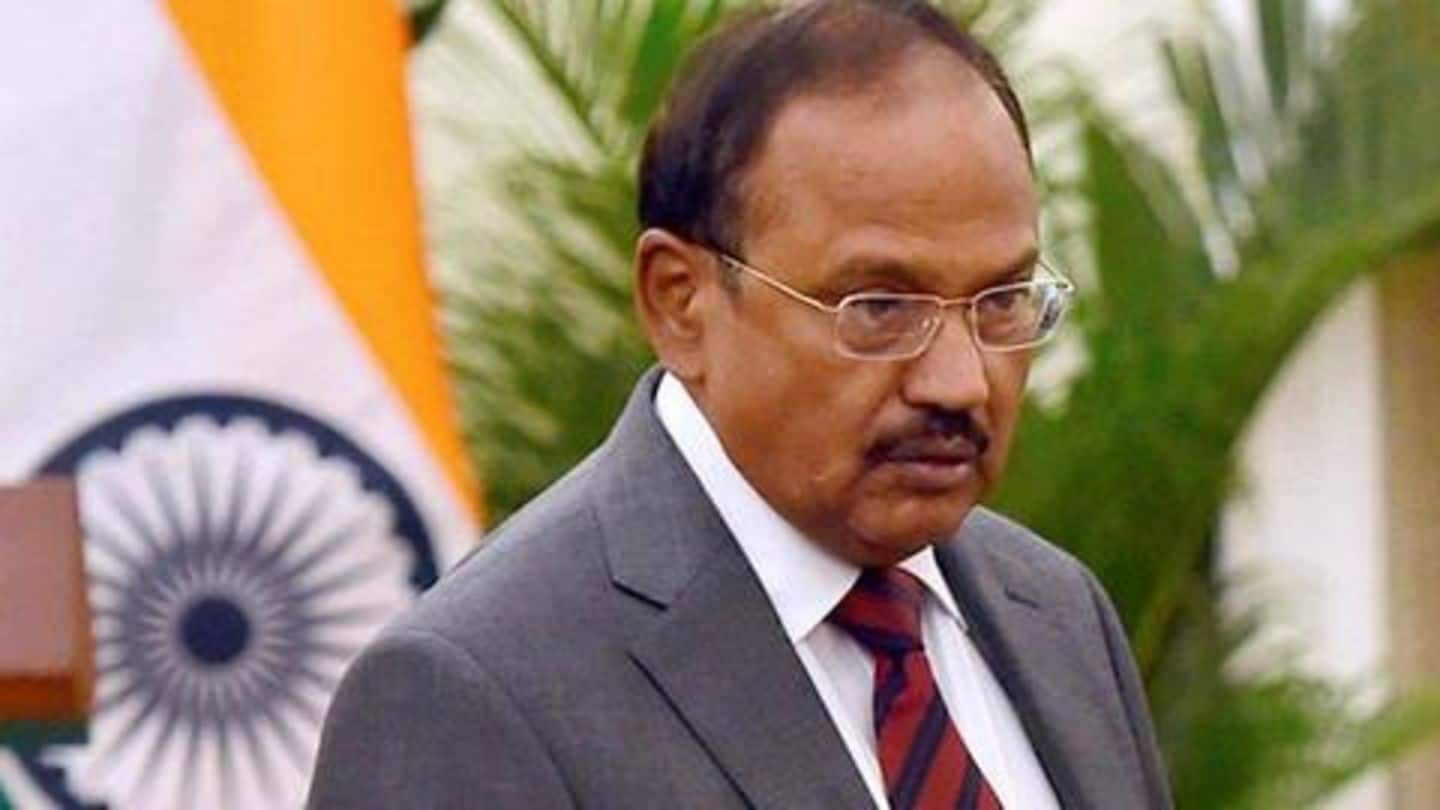
US Secretary of State Mike Pompeo backs India's air strikes
What's the story
Amid escalating tensions between India and Pakistan, National Security Advisor Ajit Doval, on Wednesday night, spoke to US Secretary of State Mike Pompeo regarding the current situation. During their talk, Pompeo backed India's decision to destroy the Jaish-e-Mohammed's (JeM) biggest terror camp at Balakot in the Khyber Pakhtunkhwa province of Pakistan. Here are the details.
Details
What we know about the Doval-Pompeo call
During the 25 minute call, Pompeo reportedly told Doval that cross-border terrorism such as the Pulwama attack, or the Uri attack earlier, posed a grave threat to the security of the region. Further, the US Secretary of State reiterated the US' call for Pakistan to abide by commitments made to the United Nations Security Council (UNSC) to deny safe haves to terror groups.
Earlier
Earlier, too, the US had directed Pakistan to act
Earlier, in the aftermath of the Pulwama attack that left 40 CRPF jawans martyred, the US had come down heavily on Pakistan. Washington had not only condemned the attacks, but had also instructed Pakistan to immediately end support on terror groups operating on its home soil. The UNSC, too, including Pakistan's ally China, had condemned the attack and held the JeM responsible.
Timing
Pompeo's comments come amid escalating tensions between India and Pakistan
Pompeo's comments come at a time when India and Pakistan are seeing the worst escalation in decades. After the Indian Air Force (IAF) carried out air strikes against the JeM camp on February 26, Pakistan retaliated by launching an air offensive aimed at taking out Indian military installations. In the dog fight that ensued, India shot down one Pakistani jet, while Pakistan shot down one Indian jet.
Pilot
India, meanwhile, has demanded immediate release of IAF pilot
As it stands, Pakistan has one IAF pilot, Wing Commander Abhinandan Varthaman, in custody. India, for its, part has demanded his immediate and safe return. Meanwhile, Pakistan claimed the wing commander will be held according to Geneva Convention. The laws, which protect POWs, were first detailed in the 1929 Geneva Convention. They were later amended in the third 1949 Geneva Convention after World War II.
Quote
What the Geneva Convention says in this regard
"Their (POWs) detention is not a form of punishment but only aims to prevent further participation in the conflict. They must be released and repatriated without delay after the end of hostilities. The detaining power may prosecute them for possible war crimes, but not for acts of violence that are lawful under International Humanitarian Law," the convention states.